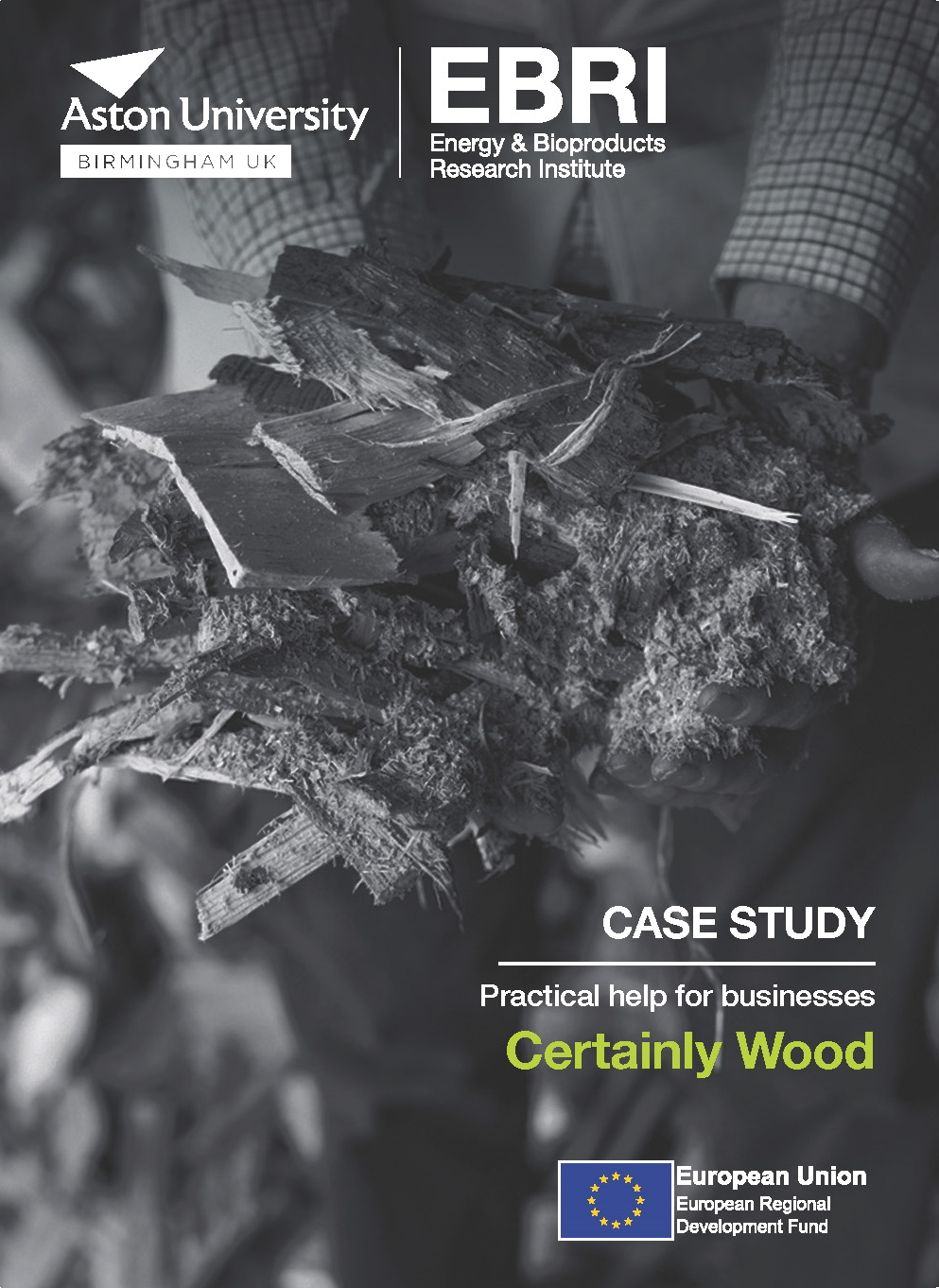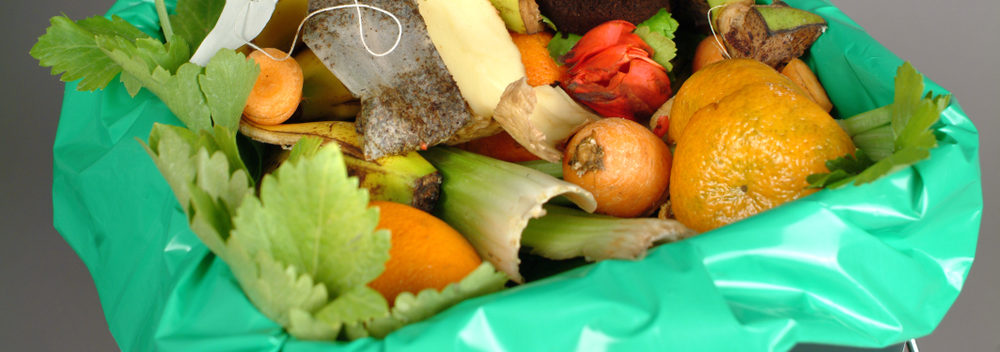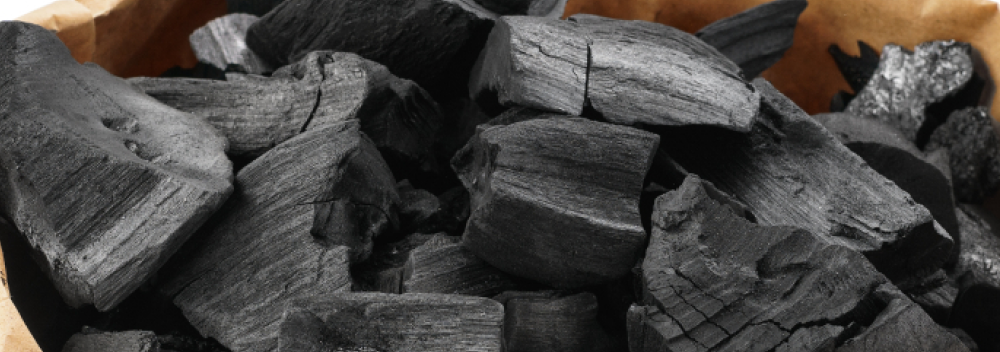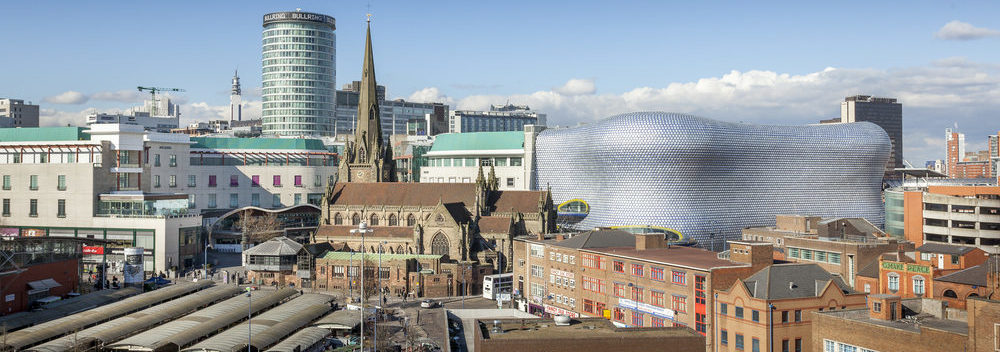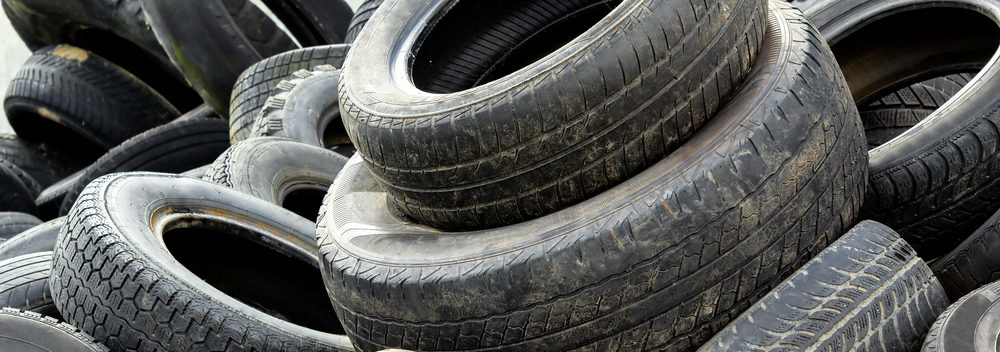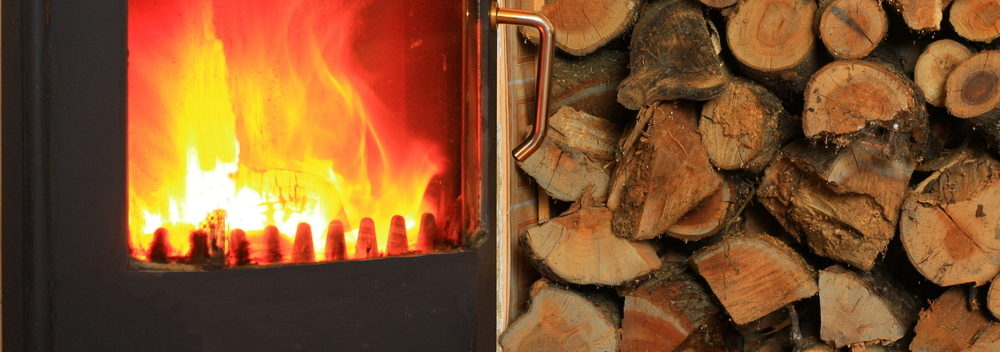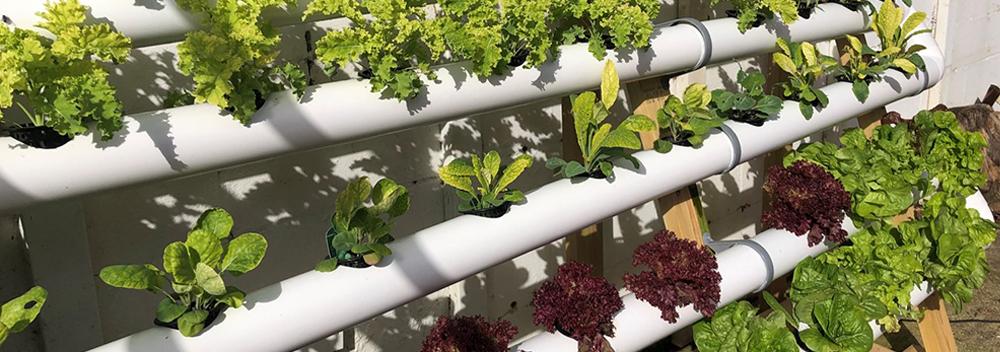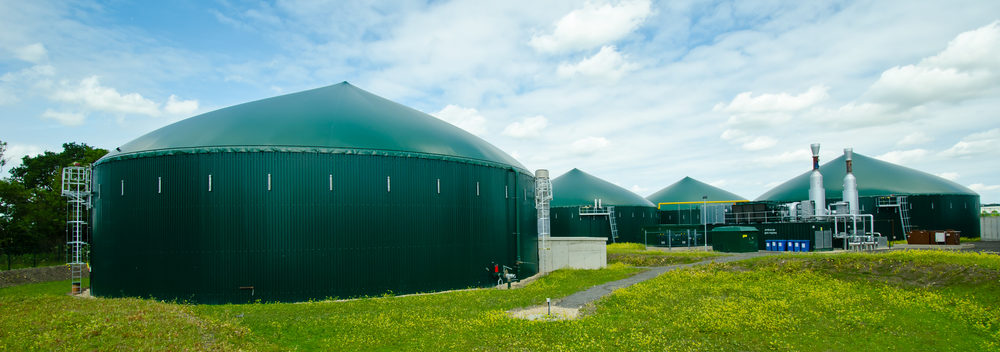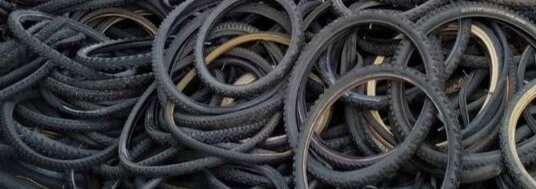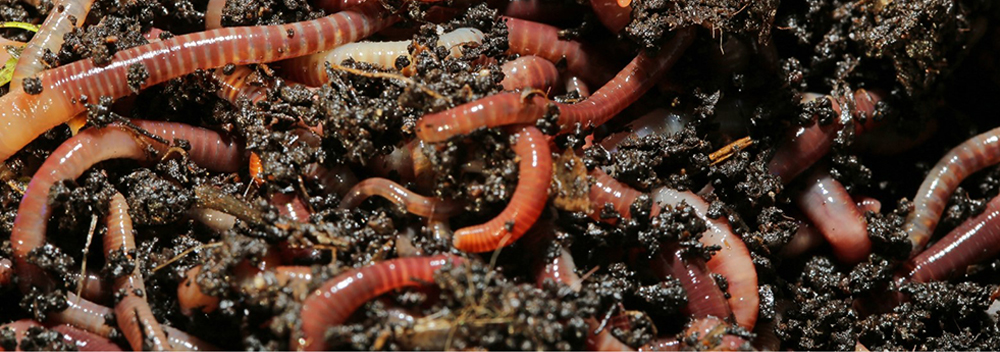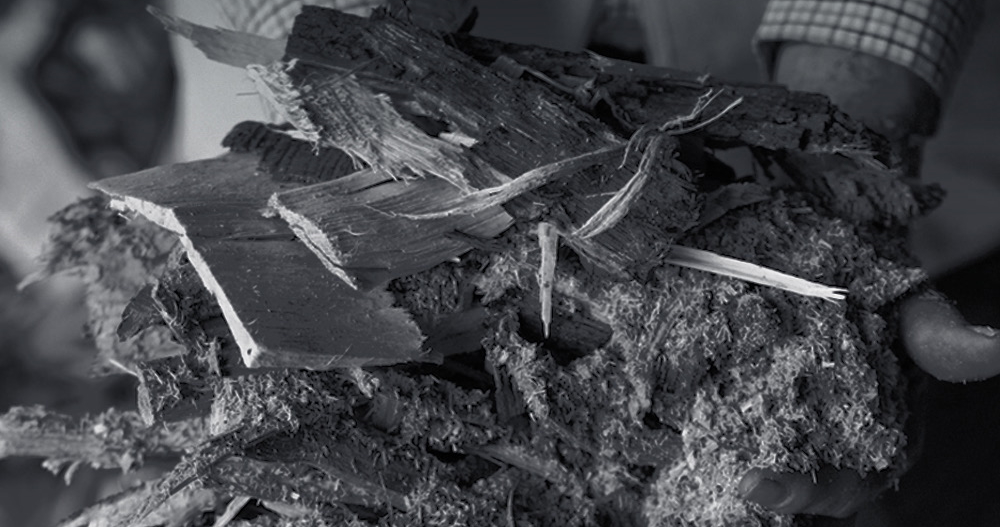
Dry firewood is one of the most environmentally friendly fuels. It is a sustainable renewable energy and virtually carbon neutral.¹
Firewood has therefore been delivering sustainable, renewable and affordable heat for many years in the UK.

Burning dry wood significantly reduces the amount of particulate emissions and improves air quality compared to burning wet wood.²
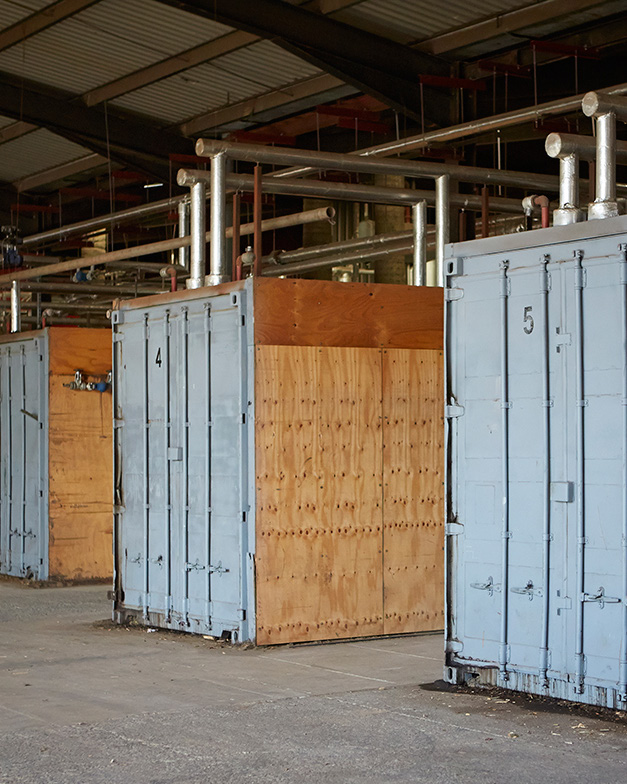
Drying firewood naturally can take between 12-36 months depending on the conditions and species therefore drying processes can expedite the drying time.
Firewood suppliers must ensure their ready to burn wood has a moisture content consistently below 20% to adhere to the government’s ‘Ready to Burn’ scheme, administered by Woodsure.
Although being a sustainable energy resource, many firewood suppliers are seeking to adopt further sustainability practices in their journey to net zero.
Case Study
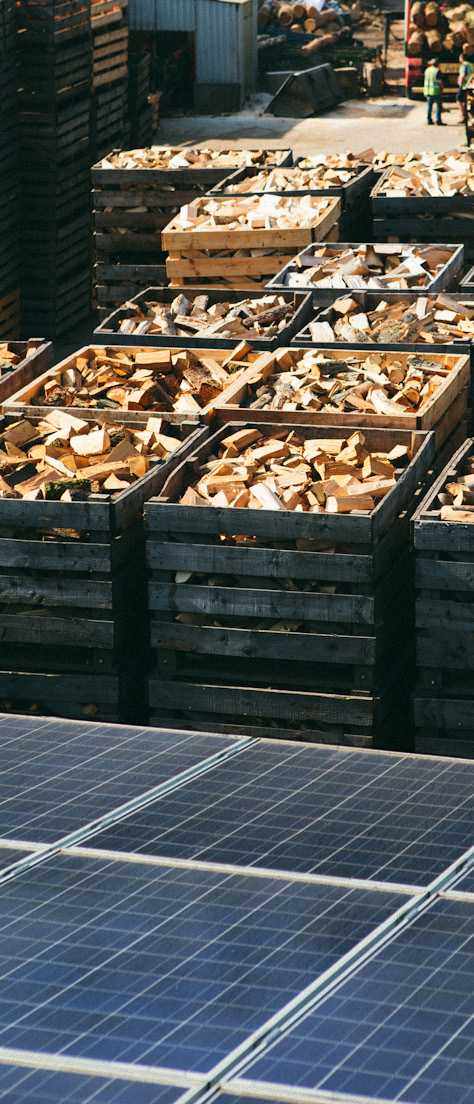
Certainly Wood Ltd is the pioneer of kiln dried firewood in the UK. The company has grown significantly over the past 15 years, from producing 1,000 tonnes of barn dried firewood, to now over 20,000 tonnes of premier kiln dried firewood, making them by far the largest specialist producer in the UK.
Certainly Wood have made sustainability and responsibility to the environment a central part of their identity, and have already taken several measures to become more environmentally friendly. They have reduced their plastic consumption by reducing the thickness of bags, changing to cardboard where possible, and using not just fully recyclable plastic bags, but also containing 30% recycled material. Their bulk bags are delivered with a mail bag to encourage customers to return them for re-using. In addition, they have been using solar power for many years, and are currently installing a further 75kw of solar panels. Wood waste is also fully utilised, being chipped up and used in the boilers providing heat to the eight kilns. And finally, 5,000 trees were planted by Certainly Wood in 2020 creating new woodland.
Company background
Certainly Wood was established in 2006 by brothers George and Nic Snell at their family farm in Hereford. Whilst both went to Cirencester Agricultural College, George has farmed with his father ever since, whereas Nic pursued a career initially in growing raspberries, then running a local soft fruit co-operative, and finally marketing for a larger co-op, before joining George to set up Certainly Wood.
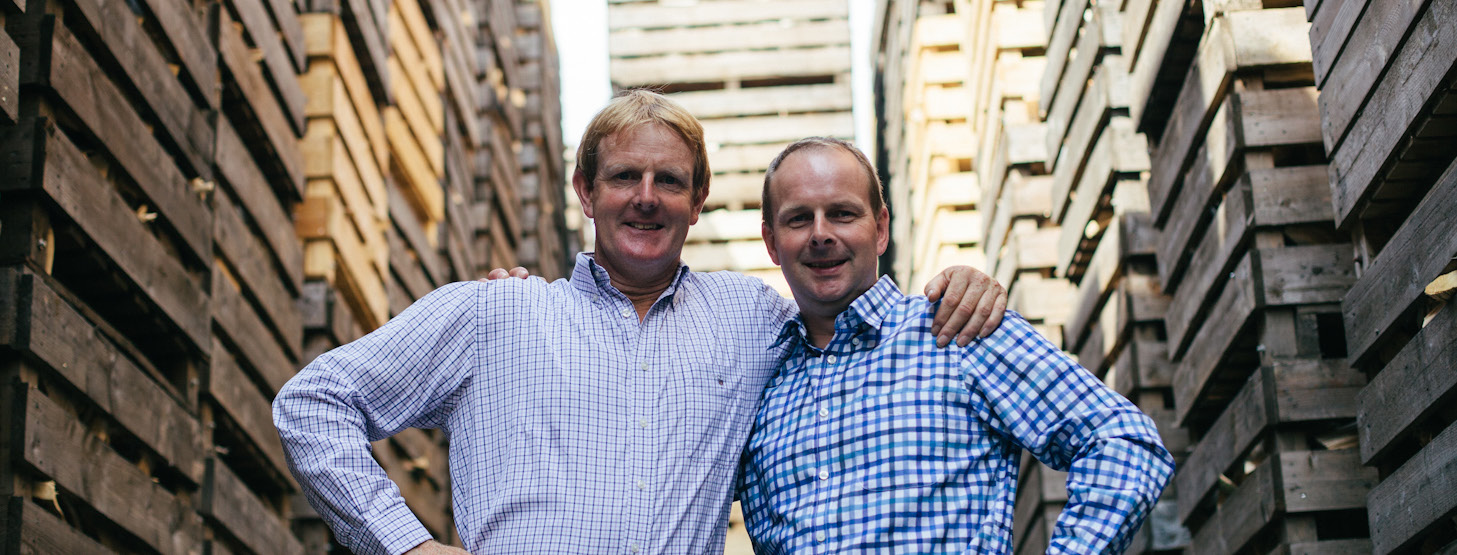
Kindling production from waste pallets was one of the first diversification enterprises of the farm, and George developed a way to dry the wood to sell to retailers. George then developed a kiln to dry the kindling, which led to the addition of drying firewood. Nic identified this as a key selling point as there were no other companies selling kiln dried firewood at that time, hence their claim to be the pioneers of kiln dried firewood.
The company’s focus on sustainability started very early on. As they produced more and more firewood, this produced increasing amounts of sawdust. This led to a project to build new kilns to start utilising their wood waste, in order to move away from using oil. Certainly Wood also installed solar panels over eight years ago, generating a proportion of their electricity.
Certainly Wood are now looking to take their sustainability practices one step further, and are looking at how they can reduce their carbon footprint, and whether they can achieve carbon neutrality in the future. For this reason, they contacted the Energy and Bioproducts Research Institute (EBRI) at Aston University to seek support to calculate their carbon emissions, and explore new ways to minimise them.
Support from EBRI
Help to identify new market opportunities
EBRI’s team of scientists and business experts produced a report for Certainly Wood, analysing the carbon inputs and outputs from their business model, predictions of the carbon emission of their activities and suggestions for reducing their carbon footprint.

Nic wanted to get an understanding to what his company’s carbon emissions are at present, so the EBRI team focused on calculating the direct and indirect emissions, from Certainly Wood’s operations.
By identifying the current levels of emissions, it would be a more realistic goal for Certainly Wood to evaluate which carbon reducing practices they would take forward, and their journey to achieving carbon neutrality over time.
Findings and recommendations
The EBRI team’s measurements identified several areas that could lead to a reduction of Certainly Wood’s carbon footprint, including the replacement of carbon-intensive equipment with more efficient hardware. Certainly Wood also has the alternative of intensifying its tree culture to expedite carbon capture and off-set emissions from the production plant.
Almost all alternatives will require capital investment, either for new assets, an increase of fuel cost or to expand the tree planting area, and EBRI recommended a number of grants for support; the Woodland Creation Planting Grant, the Woodland Carbon Fund along with some non-woodland funding programs.
The criteria used for the calculations were two emission scopes; direct emissions from within the company and indirect emissions mainly from energy.
EBRI identified that Certainly Wood is currently displacing eight times more emissions than it is producing, demonstrating the team’s notable effects towards sustainability. Furthermore, the company is also planning to implement new carbon capture projects, in the form of additional woodlands under the company’s management.
The EBRI team also explored further displacement strategies for carbon reduction. Diesel emissions displacement by using biodiesel or exchanging to electric forklifts, and electricity emissions displacement by using biomass or wood waste in their wax melting processes. Sustainable energy production was also addressed, with the installation of more solar panels and wind turbines.
“EBRI’s report has given us a true understanding of where the company is now, and the different ways of achieving carbon neutrality. This is exactly what we wanted!”
Nic Snell
Managing Director, Certainly Wood Ltd.
Outcome
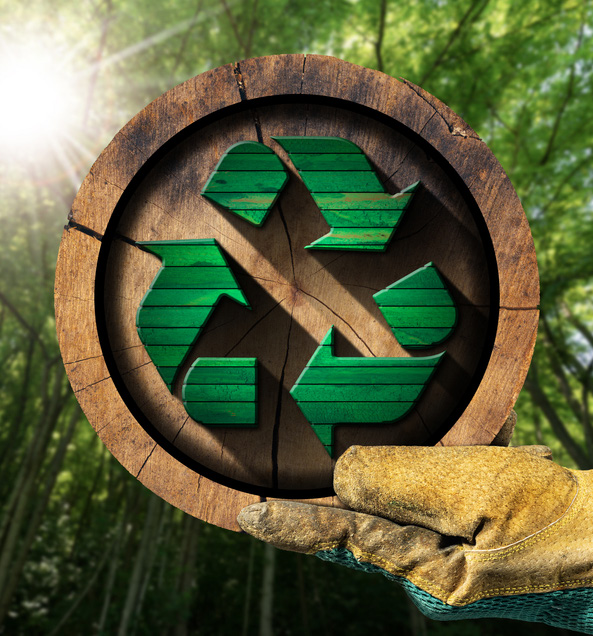
EBRI’s consultations have suggested various approaches to reducing carbon emissions from their business processes. EBRI’s recommendations and carbon calculator, are a key tool for Certainly Wood to use moving forward. As more processes are put in place and new practices are adopted, the company can use the carbon calculator to adjust the measurements and retrieve updated carbon emission data.
The consultations and findings have also helped Certainly Wood understand the different stages within a business where carbon footprint is measured, along with standards that are in place across the EU and worldwide.
Following the report, Certainly Wood are already adding a further 75 kw of solar panels to their buildings, which they have received grant funding from the Business Energy Efficiency Programme (BEEP), run by Worcester County Council. They are also looking into the suggestion of using a wood fuelled boiler for melting wax, along with whether the forklifts will use electricity or biodiesel. Nic identified most importantly, the report has enabled the journey to becoming net zero more realistic, and the information and support from EBRI will support their journey towards carbon neutrality.
“The team at EBRI have been excellent. The whole process has been fascinating and the team have been very helpful.”
Nic Snell
Managing Director, Certainly Wood Ltd.
To download this case study in pdf format click here.
[1] Stove Industry Alliance
[2] Woodsure


